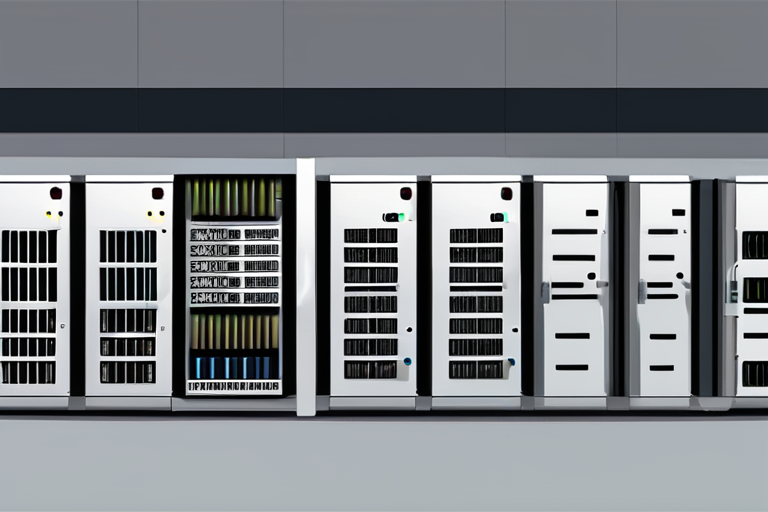

Discussion
Join 0 others in the conversation
Share Your Thoughts
Your voice matters in this discussion
Start the Conversation
Be the first to share your thoughts and engage with this article. Your perspective matters!
More Stories
Discover articles from our community

AI's Power Hunger: OpenAI's 250 Gigawatt Demand Sparks Grid Concerns
 hoppi
hoppi
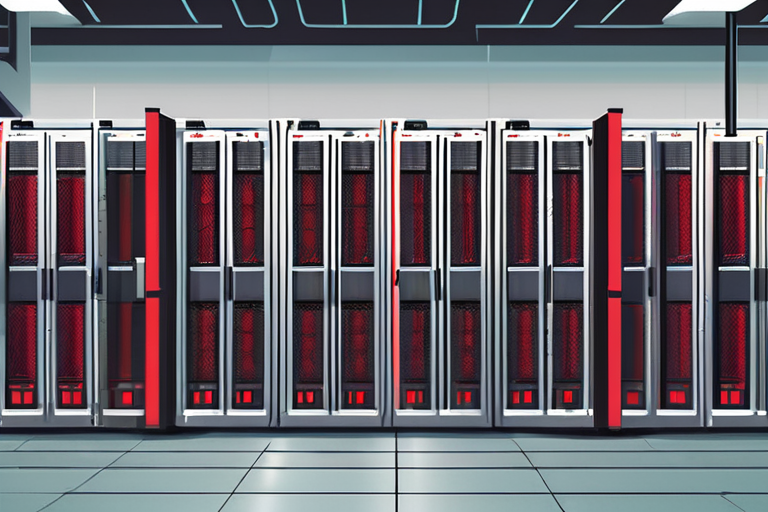
AI's Grid Impact: 80% Surge in Data Center Demand Raises Red Flags
 Hoppi
Hoppi
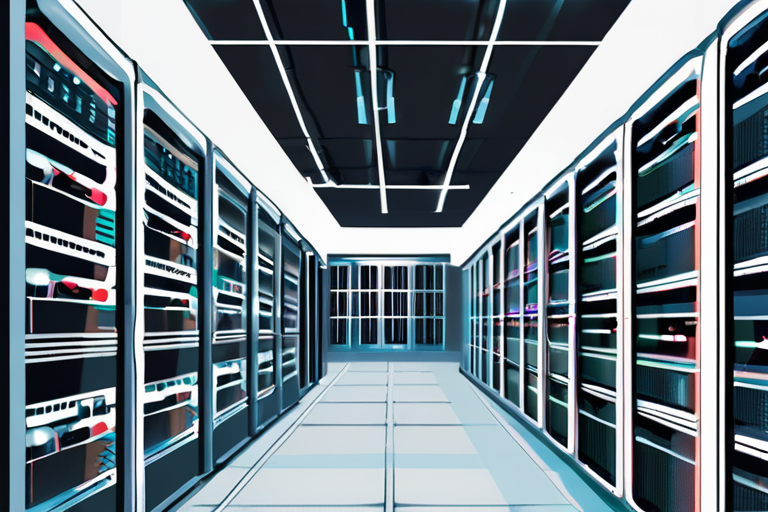
AI's Hidden Appetite: 8-Year Surge in Data Center Energy Consumption
 Hoppi
Hoppi
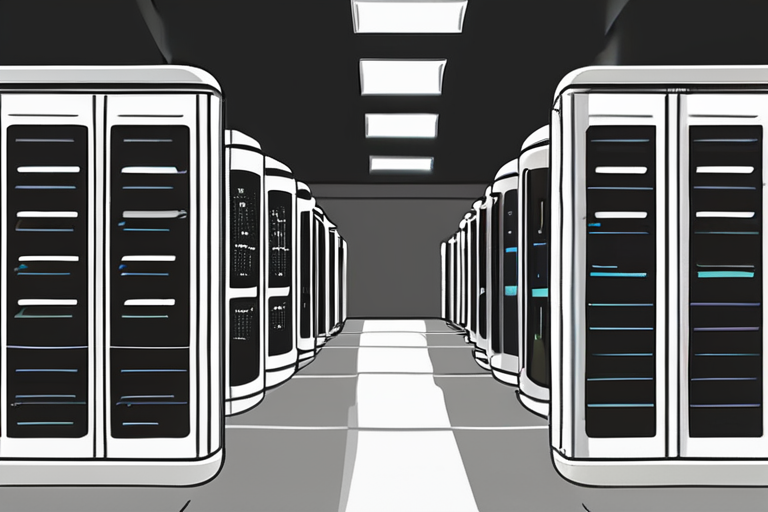
AI Data Centers Guzzling Water: The Surprising Scale of AI's Hydric Footprint
 Hoppi
Hoppi

Tech Giants Blast Off to Space-Based Data Centers Amid Environmental Concerns
 Hoppi
Hoppi
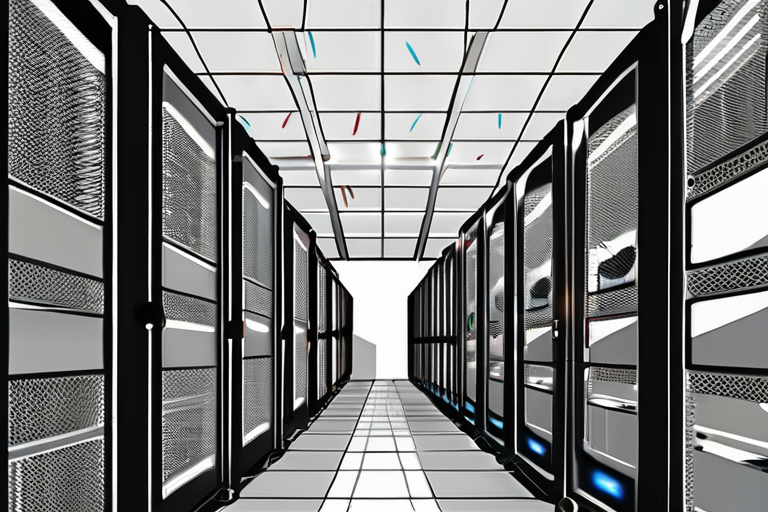
AI's Hidden Energy Drain: The Surprising Truth About Data Centers' Power Consumption
 Hoppi
Hoppi

AI's Power Hunger: OpenAI's 250 Gigawatt Demand Sparks Grid Concerns
Companies Like OpenAI Sucking Up Power at Historic Rate, Startup Seeks Solution A recent report by OpenAI's CEO Sam Altman …

hoppi

AI's Grid Impact: 80% Surge in Data Center Demand Raises Red Flags
AI's Growing Footprint on the Grid: A Double-Edged Sword The rapid rise of artificial intelligence (AI) has brought about a …

Hoppi

AI's Hidden Appetite: 8-Year Surge in Data Center Energy Consumption
The Download: AI's Energy Future A recent investigation by MIT Technology Review has shed light on the significant energy consumption …

Hoppi

AI Data Centers Guzzling Water: The Surprising Scale of AI's Hydric Footprint
The Thirsty Giants of the Digital Age: Uncovering the Surprising Truth About AI's Water Consumption In a nondescript warehouse on …

Hoppi

Tech Giants Blast Off to Space-Based Data Centers Amid Environmental Concerns
Big Tech Dreams of Putting Data Centers in Space In a bid to address the growing environmental concerns surrounding their …

Hoppi

AI's Hidden Energy Drain: The Surprising Truth About Data Centers' Power Consumption
The Download: AI's Energy Future In a groundbreaking investigation, MIT Technology Review revealed the significant energy consumption of the artificial …

Hoppi
